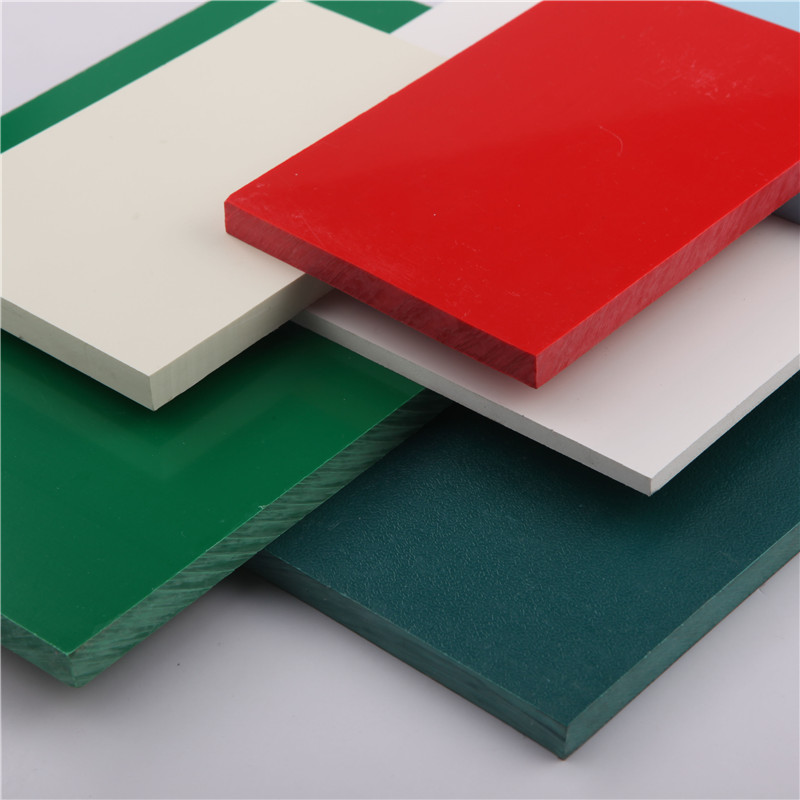ធ្នូ . 02, 2024 01:45 Back to list
hdpe pipe for drip irrigation
HDPE Pipe for Drip Irrigation A Sustainable Solution for Modern Agriculture
As global populations continue to rise, the demand for efficient and sustainable agricultural practices has never been more crucial. Drip irrigation, a method that delivers water directly to the plant's root zone, has emerged as a revolutionary approach in modern farming. Central to this system is the use of High-Density Polyethylene (HDPE) pipes, which offer numerous advantages over traditional irrigation methods. This article explores the benefits of HDPE pipe for drip irrigation, its applications, and its role in promoting sustainable agriculture.
What is HDPE?
High-Density Polyethylene, or HDPE, is a versatile thermoplastic that is widely used in various applications due to its high tensile strength and resistance to impact and chemicals. Its lightweight nature and durability make it an ideal material for piping systems, particularly in agricultural settings where long-term performance and efficiency are paramount.
Advantages of HDPE Pipes in Drip Irrigation
1. Durability HDPE pipes are known for their long service life, often lasting more than 50 years without significant deterioration. This longevity reduces the need for frequent replacements, leading to lower maintenance costs and less waste.
2. Flexibility Unlike rigid PVC pipes, HDPE pipes are flexible and can be easily bent and manipulated to suit different field layouts. This property allows for easier installation and adaptability in various terrains, accommodating the unique needs of different crops and farming practices.
3. Corrosion and Chemical Resistance HDPE is resistant to a wide variety of chemicals, including fertilizers and pesticides. This resistance ensures that the pipes remain intact and functional, reducing the risk of leaching or contamination in the irrigation water.
4. Low Friction Loss The smooth interior surface of HDPE pipes minimizes friction losses, leading to improved flow rates and reduced energy consumption for pumping water. This aspect is critical in ensuring efficient water delivery, especially in large agricultural operations.
hdpe pipe for drip irrigation

5. Environmental Impact HDPE piping systems can be recycled, contributing to a circular economy and reducing plastic waste in landfills. Additionally, the efficient use of water provided by drip irrigation minimizes overall water consumption, promoting sustainable water management practices in agriculture.
Applications of HDPE Pipes in Drip Irrigation
HDPE pipes are suitable for a wide range of agricultural applications, including
- Row Crops Farmers can install HDPE piping systems along the rows of crops, ensuring that each plant receives the precise amount of water it needs without wastage. - Orchards and Vineyards Drip irrigation systems utilizing HDPE pipes are ideal for fruit trees and vineyards, where targeted irrigation can lead to healthier plants and improved yields. - Greenhouses In controlled environments like greenhouses, HDPE pipes facilitate efficient irrigation and maintain optimal moisture levels for sensitive plants.
Cost-Efficiency and Return on Investment
While the initial investment in HDPE pipes and drip irrigation systems may be higher than traditional methods, the long-term savings are significant. Reduced water usage, lower energy costs for pumping, and higher crop yields lead to improved financial returns for farmers. Moreover, with the increasing emphasis on sustainability, adopting HDPE pipes for drip irrigation can enhance a farm's marketability and compliance with environmental regulations.
Conclusion
The incorporation of HDPE pipes into drip irrigation systems represents a significant advancement in agricultural practices. Their durability, flexibility, and resistance to chemicals make them an indispensable tool for modern farmers striving to meet the challenges of climate change and resource scarcity. By minimizing water consumption and optimizing crop yields, HDPE pipes contribute to sustainable agriculture, ensuring food security while protecting our planet's resources. As farmers worldwide continue to seek innovative solutions, HDPE pipe for drip irrigation stands out as a forward-thinking choice that aligns with both economic and environmental goals.
-
Durable PP Rigid Sheet: Lightweight, Chemical Resistant Solutions
NewsAug.21,2025
-
PVC Grey Sheet for Extraction: Chemical Resistant & Durable
NewsAug.19,2025
-
Durable PVC Pipe Fittings for Plumbing & Irrigation Needs
NewsAug.18,2025
-
HDPE Steel Belt Reinforced Spiral Corrugated Pipe | High Strength
NewsAug.17,2025
-
HDPE Pipe Fittings: Durable, Leak-Proof Solutions
NewsAug.16,2025
-
Premium CPVC Sheet: High-Temp & Chemical Resistant Solutions
NewsAug.15,2025

